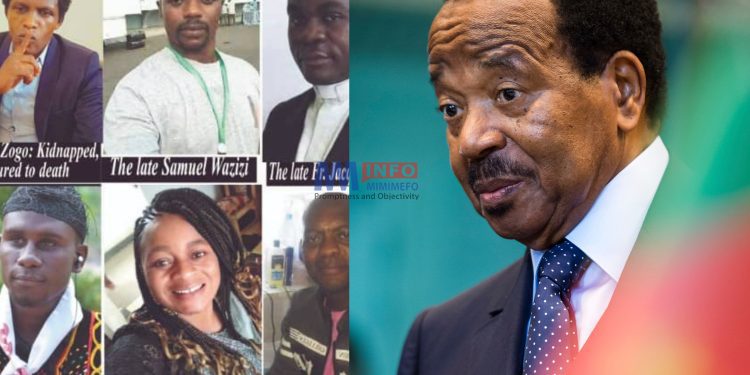Cameroon has climbed four places in the latest World Press Freedom Index released by Reporters Without Borders (RSF) on May 2, 2025, moving from 138th in 2024 to 134th out of 180 countries. Despite the modest improvement, the Central African nation remains mired in what RSF classifies as a “difficult” environment for journalism.
“This small rise should not mask the reality on the ground — Cameroon continues to be one of the most dangerous countries in Africa for journalists,” RSF stated in its annual report. “Media professionals operate in a hostile and precarious environment, with intimidation, censorship, and arbitrary detentions still common.”
The country’s status as the worst performer in the Central African Economic and Monetary Community (CEMAC) zone highlights the persistent challenges facing independent media in the region.
Global Press Freedom Hits Historic Low
Globally, press freedom is in decline. RSF’s 2025 index marks the first time the worldwide press freedom climate has been classified as “difficult.” According to the watchdog, “the global average press freedom score has fallen to an all-time low,” a trend driven largely by financial pressures that threaten the viability of independent media.
“Press freedom around the world is under greater threat than ever before,” RSF warned. The organisation highlighted a sharp erosion in the financial health of news outlets, contributing to a deteriorating environment for journalism worldwide.
Europe Leads, But Vulnerabilities Remain
Europe continues to dominate the top ranks of the index, with all top 15 countries located on the continent. Norway retained its top position, followed by Estonia, the Netherlands, Sweden, Finland, and Denmark. However, RSF cautioned that Southern and Eastern Europe still represent weak spots in the region’s otherwise strong press freedom record.
Middle East: Gaza the Deadliest Zone for Journalists
The Middle East remains an especially dangerous region for reporters. RSF reported that dozens of journalists have been killed during Israel’s military campaign in Gaza.
“Palestine has become the world’s most dangerous state for journalists amid Israel’s war on Gaza,” the report said, with many reporters “likely killed specifically due to their work.”
United States Sees Further Decline
The United States also saw its ranking fall, dropping two places to 57th. RSF linked this decline to what it described as a “troubling deterioration” under President Donald Trump’s administration, citing funding cuts to public media and reductions in foreign aid for press development abroad.
Symbolic Gains vs. Structural Change
As press freedom erodes across continents, Cameroon’s slight upward shift offers little solace to those on the front lines of journalism. “Until journalists can work without fear for their lives or livelihoods, rankings will remain symbolic,” one media rights advocate commented. “Real progress comes from protecting the people behind the headlines.”



